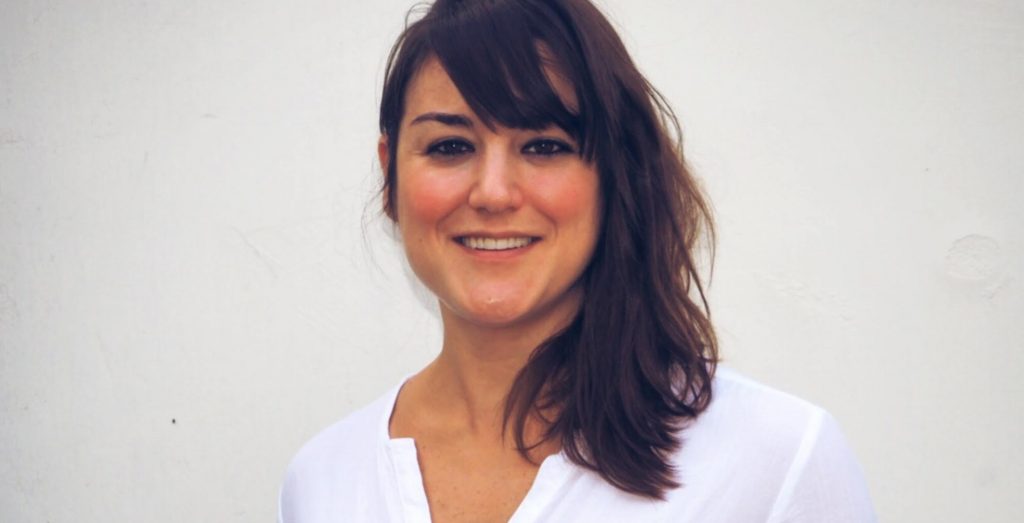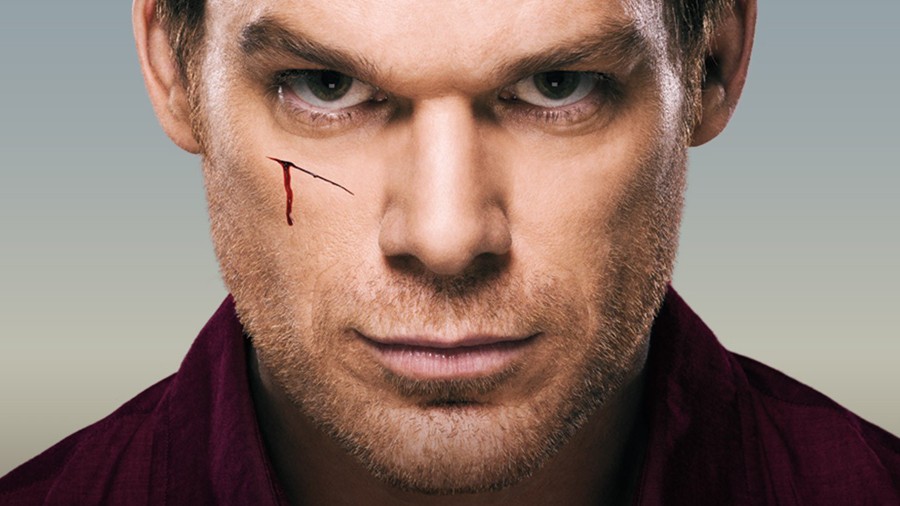
Liz Lawson began her career in the music industry over a decade ago as a journalist and publicist, before finding a home working in music supervision. She was lucky enough to start her career working for five-time Grammy nominated music supervisor Gary Calamar on critically acclaimed television shows that include House, Dexter and True Blood, before moving to a position with music supervisor Carrie Hughes.
Her talents were quickly noticed, and shortly after, she was hired to supervisor Black Ink Crew, which is now in its sixth season on VH1 and is a bona fide hit for the network. The show has been popular enough to earn a spin-off, Black Ink Crew, Chigaco, which Liz also supervises. She’s further built her career by working on a multitude of feature films, most recently the CBS Films/Lions Gate production Get A Job, which stars Bryan Cranston, Miles Teller, and Anna Kendrick, and was directed by Dylan Kidd (Roger Dodger), and the AwesomenessFilms / YouTube Red movie We Love You, directed by Huck Botko and written by Alan Yan (Masters of None). Currently, she’s just wrapped a Sony/Crackle / LifeBoat Productions feature Party Boat and is at work on the sixth season of Black Ink Crew and the feature Ear Brains Love from Gunpowder & Sky Productions.
Thanks for joining us Liz, it’s a pleasure to have you on the site!
Can you tell us how you first begin your journey into the music, and then film industry?
I entered the music industry on the later side of things, around the age of 25. I was in grad school, planning on going to one of the PhD programs that had accepted me, and one day I woke up and thought, I can’t do anymore school right now. So, I was left trying to figure out what I wanted to do instead. I ended up landing an internship writing for Paste Magazine, and later wrote for them as a freelancer, and that was my first foray into music as a career. After that, I started a small, boutique PR company, working with friend’s bands. When I moved to LA about seven years ago, I knew I wanted to stay in music, but I didn’t know what aspect. A friend suggested that I look into music supervision, which was this career that seemed impossibly cool and perfect for me—I was always a huge soundtrack geek growing up. In a fit of insanity, I found the contact info for Gary Calamar, who was the music supervisor for Six Feet Under, which is basically my favourite music show ever. I sent him a crazy fan letter, and he responded, much to my surprise. I ended up working with him for about a year, and then worked with Carrie Hughes as her coordinator for about a year, before going out on my own.
What made you want to pursue the role as Music Supervisor, and for the benefit of our readers, what does that role entail?
As I mentioned, I’ve always been a lover of film soundtracks. I was the person who’d watch a movie and immediately drive to the nearest record store to buy the music (I’m dating myself here, aren’t I?). When I moved to LA, I’d been working in music for several years, but was burnt out from the grind of PR… I knew I wanted to stay in the industry in some aspect, but I wasn’t sure how. When someone mentioned music supervision to me as an actual career, I realized it was the perfect job (for me). The intersection of media and sound straddles the creative and business ends of things, and I love that I use both sides of my brain in my job.
Most people think of music supervision as people who make great mix tapes, but there’s a lot more to it than that. A music supervisor is not only someone who enjoys music, but also someone who has the ability to collaborate and deal with all sorts of personalities. Someone who’s organized and buy ambien 10mg online methodical in terms of the business end of things—you have to make sure that all the music you’re placing can be obtained within your budget, is legally cleared for use, that you’ve gotten all necessary parties (writers, labels, etc) to sign off on their piece of the puzzle. It’s the job of the music supervisor to make sure there aren’t any surprises for the producers, legally and financially speaking, after the picture has locked.
Is there a particular project you are most proud of so far?
A couple months ago, I worked on ESPN’s Chris Paul’s Chapter 3 docuseries, which was an absolutely fantastic project to work on. Chris Paul is an amazing human, so that made it fun from the start. We managed to secure music from some amazing artists like Jay-Z, Curtis Harding, Andra Day, and the rapper Rapsody, who was nominated for a Grammy shortly after!
How about on the flipside, is there any that has been the most challenging?
That same project! We had an incredibly short post schedule (2 ½ weeks) because the airdate was moved up during post. The Rapsody song, which I absolutely loved against the picture, took so long to clear that we ended up having to hold off delivering the show longer than anticipated. (No fault of the artist or her label – some of the samples used in the song are hard ones to push through!) Thankfully, the clearance came through at the last minute (thank you Sony/ATV!) and we were able to keep that use in there.
What influences your decisions as a music supervisor and who do you interact with when making your decisions?
A range of things can influence decisions, from what songs work best when paired to picture to budgetary constraints, to the opinions of the director and producers. Music supervision is an incredibly collaborative job that requires interaction with all of the post crew (editor, composer, post-supervisor, etc.) and the director and producers on the project.
You’ve worked on such varying projects, including House, Dexter and True Blood. How does your role change from project to project? How do you need to adjust your method, if at all?
Every project is different. Film is different from TV, and scripted is different from unscripted. I’d say the basics of the role stay the same: creative, clearance, licensing, but what those might entail can differ drastically from project to project. Each project is its own beast, and has its own needs.
What can you tell us about your upcoming projects?
I’m working on two awesome films right now – a Gunpowder & Sky feature entitled EAT BRAINS LOVE, directed by Rodman Flender (Idle Hands, MTV’s Scream) and a Burn Later Productions film, SUPPORT THE GIRLS, directed by Andrew Bujalski (Results, nominated for a Independent Spirit Award). The two have absolutely no overlap in sound – Eat, Brains, Love is a zombie road trip film starring Jake Cannavale, which has an edgy, young sound, and Support the Girls is a film that takes place in a Hooters-like establishment in Texas. That film has really exposed me to some amazing country music, which has been fun.
If you could give any advice to someone considering working towards the role of Music Supervisor what would it be?
The Guild of Music Supervisors has just started a new category of membership, called Friends of the Guild. Students and others interested in the field are welcome to join, and will be invited to a variety of networking events that will enable them to interact with working professionals. It’s a great resource. Also, internships. Don’t be afraid to reach out to music supervisors whose work you admire! It worked for me.
To finish off with, if you could hang out with anyone, alive or dead, who would it be?
Oh man. This is so hard! I’d have to go with Margaret Atwood. She’s a total badass, and I adore her writing.
LINKS
We hope you enjoyed this interview, check out others in our Interviews section. Don’t forget to sign up to our Monthly Newsletter to make sure you don’t miss out on our reviews and interviews.
We also love to deliver as much content as we can but as a team of volunteers, we have a Patreon running to help us continue to deliver, see the links below!





